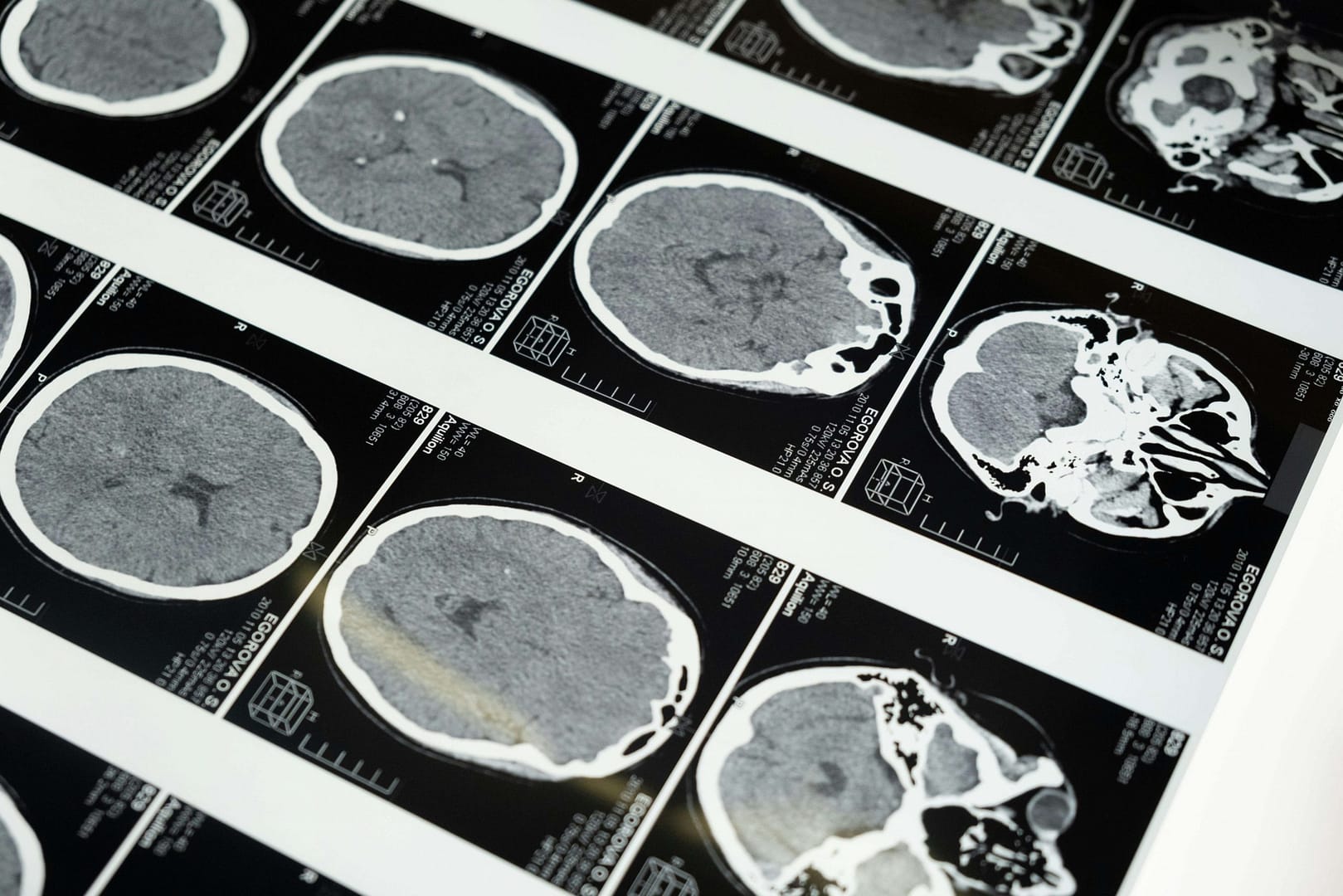Brain injury cognitive changes can have a profound and lasting impact on individuals in the UK. These changes, often subtle and invisible, can affect various aspects of a person’s life, from their ability to think and remember to their emotional regulation and social interactions. Understanding the long-term effects of brain injury cognitive changes is crucial for providing appropriate support and care to those affected.
The Spectrum of Cognitive Changes
Cognitive changes following a brain injury can manifest in a myriad of ways. Some common effects include difficulties with memory, attention, concentration, and executive functions such as planning and problem-solving. These changes can vary significantly from person to person, depending on the severity and location of the injury, as well as individual factors such as age and pre-existing conditions.
Memory Impairment
Memory problems are among the most prevalent cognitive challenges faced by individuals with brain injuries. This can involve difficulty recalling past events, learning new information, or remembering appointments and tasks. Memory impairments can significantly impact daily life, affecting personal relationships, employment, and overall independence.
Attention and Concentration Deficits
Sustaining attention and concentrating for extended periods can become a struggle after a brain injury. Individuals may find themselves easily distracted, struggling to follow conversations or complete tasks that require focused attention. These difficulties can affect performance at work or school and make social interactions challenging.
Impaired Executive Functions
Executive functions are higher-level cognitive abilities that enable us to plan, organize, problem-solve, and make decisions. Brain injuries can disrupt these functions, leading to difficulties with multitasking, setting goals, and adapting to changing situations. These challenges can significantly impact an individual’s ability to live independently and manage their daily life effectively.
The Impact on Daily Life
Brain injury cognitive changes can have far-reaching consequences, affecting various aspects of an individual’s daily life. These changes can impact their ability to work, maintain relationships, and participate in social activities. Recognizing and addressing these challenges is essential for promoting recovery and improving quality of life.
Employment Challenges
Cognitive difficulties can make it challenging for individuals with brain injuries to return to work or maintain employment. Memory problems, attention deficits, and impaired executive functions can affect job performance and productivity. Employers and colleagues may need to be educated about the invisible effects of brain injury to provide appropriate support and accommodations.
Social and Emotional Changes
Brain injuries can also lead to emotional and behavioral changes, such as increased irritability, anxiety, and depression. These changes can strain relationships with family and friends and make social interactions challenging. Individuals with brain injuries may also experience difficulties with emotional regulation, leading to impulsive behavior or emotional outbursts.
Reduced Quality of Life
The cumulative impact of cognitive, emotional, and behavioral changes can significantly reduce the quality of life for individuals with brain injuries. They may struggle with daily tasks, experience social isolation, and face challenges in their personal and professional lives. Accessing appropriate support and rehabilitation services is crucial for mitigating these challenges and improving overall well-being.
Long-Term Rehabilitation and Support
Rehabilitation plays a vital role in helping individuals with brain injuries adapt to their cognitive changes and regain lost skills. A multidisciplinary approach involving neuropsychologists, occupational therapists, speech and language therapists, and other healthcare professionals can provide tailored support to address specific needs.
Cognitive Rehabilitation
Cognitive rehabilitation focuses on improving cognitive skills such as memory, attention, and executive functions through targeted exercises and strategies. This may involve computer-based training, group therapy sessions, and individualized support to develop compensatory strategies for managing cognitive challenges in daily life.
Emotional and Behavioral Support
Addressing emotional and behavioral changes is also an essential part of the rehabilitation process. Counseling, psychotherapy, and support groups can help individuals cope with emotional distress, develop coping mechanisms, and improve their social skills.
Community Integration and Support
Supporting individuals with brain injuries to reintegrate into their communities is crucial for their long-term well-being. This may involve vocational rehabilitation to help them return to work or explore new career paths, as well as access to community resources and support groups to reduce social isolation and promote independence.
Making a Medical Negligence Claim with National Claims
If you or a loved one has experienced a traumatic brain injury due to medical negligence, you’re not alone. We understand the long-term physical, emotional, and financial challenges TBI can bring. Our team is dedicated to helping you navigate the complex process of seeking compensation for medical negligence.
We offer a free consultation to discuss your individual case, assess your options, and connect you with a specialist solicitor who has expertise in traumatic brain injury claims. Don’t face this difficult time alone; let us help you get the support and compensation you deserve.
*Customers pay up to 25% (incl. VAT) of the amount recovered towards solicitor costs and if you cancel outside your cooling off period, you may be charged a fee.
Contact us today to speak to one of our claims agents who will be able to help you get started on your claim.
Click below to see why we are one of the most trusted claims management companies in the UK.

We’re proud of our excellent customer reviews
We thrive on delivering exceptional service and ensuring our clients’ satisfaction. Don’t just take our word for it. Check out some of our independent reviews to see what our clients have to say.
Excellent

This firm is excellent, they sorted out my car pay out and injury claim very fast, they always communicate with you all the time.

My accident case was dealt with confidence and with great result of the outcome, especially James kept me informed all the time.

I was very impressed at the way my inquiry was treated. I was listened to attentively and everything I needed to know was explained to me.






